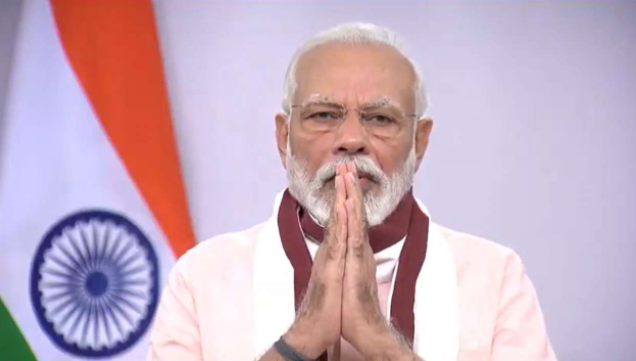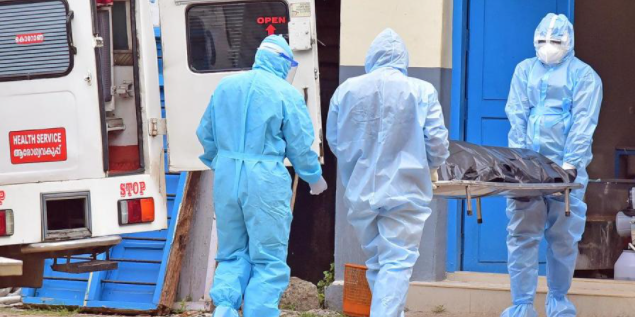Will work with COVAX, partners to distribute 80mn Covid-19 vaccines: Biden

The US will work with the WHO-backed COVAX facility and other partners for the equitable distribution of some 80 million Covid-19 vaccines from its stockpiles in line with science and public health data from around the world, President Joe Biden has said.
The Biden administration will work with the world’s democracies to harmonize a multilateral effort to cope with the pandemic, and Biden said he expects to announce progress in these efforts at the G-7 Summit to be hosted by the UK in June.
Biden declared on Monday that the US will share 20 million doses from its surplus stocks of the Pfizer, Moderna and Johnson & Johnson vaccines by the end of June. This will be in addition to the earlier US commitment to share 60 million doses of the AstraZeneca vaccine with countries around the world.
This is the first time the US has said it will share the three vaccines that are authorized for use in the country, and the move stems from the Biden administration’s belief that it will have taken conveyance of enough doses to protect everyone in the US by June.
The US is believed to currently have around 10 million doses of the AstraZeneca vaccine, which hasn’t yet been approved for use in the country, and the stockpile is expected to swell to 60 million doses by the end of June. The Biden administration has said these doses will be give out only after the vaccine clears a safety review by the Food and Drug Administration (FDA).
It added, “In the weeks ahead, working with the world’s democracies the Biden-Harris administration will coordinate a multilateral effort to end the pandemic. We look forward to progress on this at the G7 Summit in June.”
The fact-sheet said the US will send the 80 million doses to countries battling the pandemic “by the end of June”, and that donations from America’s excess supply will continue “as that supply is delivered to us”.
The White House reiterated what Biden had said about the distribution of vaccines not being linked to securing favours from other countries, an apparent reference to similar efforts by China and Russia.
“Just as in World War Two, America was the arsenal of democracy, in the battle against the Covid-19 pandemic, our nation is going to be the arsenal of vaccines for the rest of the world. We’ll share these vaccines in the service of ending the pandemic everywhere. And we will not use our vaccines to secure favours from other countries,” Biden said.
The US administration recently said it is looking at the joint production of the Johnson & Johnson vaccine in India and ways to help Indian manufacturers such as the Serum Institute of India (SII) to ramp up production to meet vaccine needs around the globe.
The US administration is working on the Indian government’s list of raw materials and other supplies urgently needed to manufacture vaccines but American officials have cautioned this won’t be an easy task because of disruptions to global supply chains.
The US has also diverted enough AstraZeneca manufacturing supplies from its own pre-existing orders to produce more than 20 million doses in India.
The US is currently working with the private sector and other partners to expand global vaccine manufacturing and distribution and the production of vital raw materials. The US International Development Finance Corporation has launched a global vaccine initiative that is targeting investments in multiple regions of the world to address short-term requirements and intermediate-term efforts to ensure better preparedness for future health emergencies.
This includes the Quad Vaccine Partnership to supply one billion doses of Covid-19 vaccines, including the Johnson & Johnson vaccine, by the end of 2022.
The Biden administration has also backed a proposal first mooted by India and South Africa at the World Trade Organization (WTO) last year for waiving intellectual property protections for Covid-19 vaccines, though officials have warned that this will involve complex negotiations that could take months, if not years. The European Union, however, has not shown an inclination to endorse this move.






